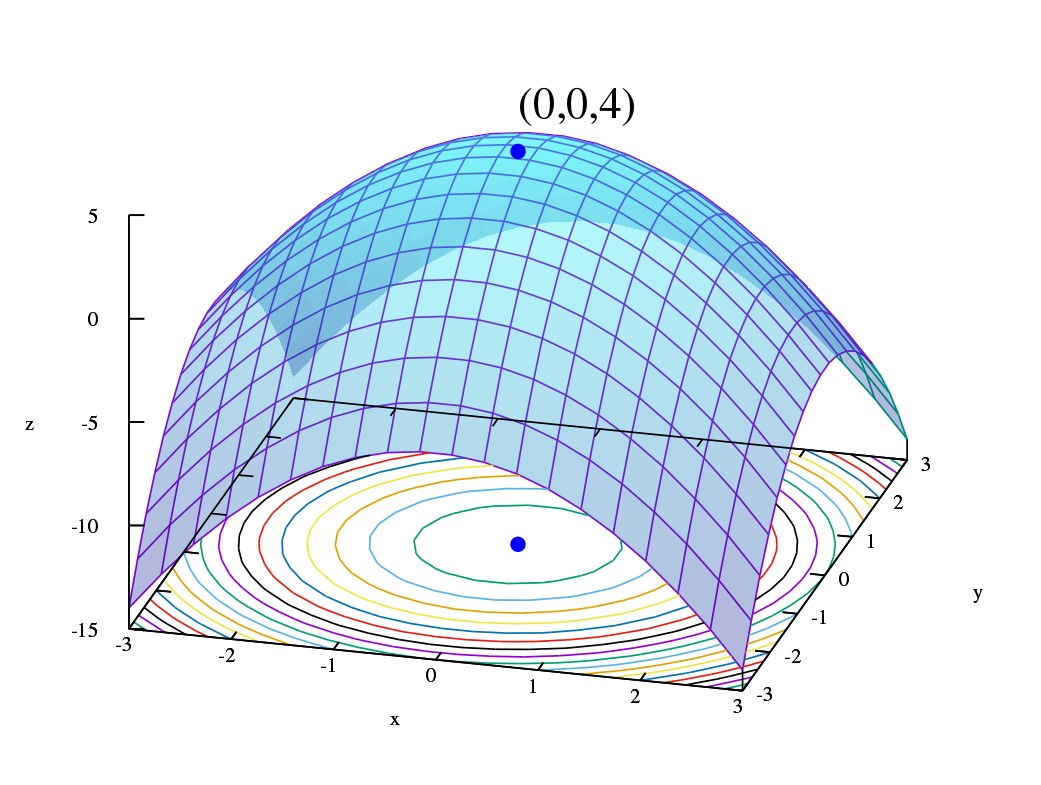ME477 - Introduction to Optimization

Instructor
Avinash Bharadwaj
Semester
Autumn ‘20
Course Difficulty
The course can be considered to be more on the difficult side. The course is highly theoretical and rigorous. The questions in exams can be challenging. Anyone who enjoys theoretical mathematics and proving things would enjoy the course.
Time Commitment Required
Apart from attending lectures, the time commitment is not heavy. A weekly recap of everything covered should help. The evaluations were just assignments and an end exam. The assignments had to be typed in Latex, so that consumed some time.
Grading Policy and Statistics
The prof does not discuss the grading policy as such. He expects us to pay more attention to the learning, and teaches the course in the same fashion. The grading stats during our term were not great. The higher grade given was AB to less than 10% of the class.
Attendance Policy
The course had no attendance policy. Detailed lecture notes were provided too.
Pre-requisites
Any previous experience of linear programming or optimisation can be helpful. Further a good grip on algebra ( as in MA106) and basic calculus will also prove beneficial.
Evaluation Scheme
There were 3 assignments and one end semester exam. The weightages of these were not disclosed
Topics Covered in the Course
Convexity, Linear programming, Duality theory, Simplex method, Non linear optimisation ( unconstrained and constrained)
Teaching Style
The classroom for this course is pretty small. The teaching style is pretty interactive. The professor encourages higher involvement. We had live video lectures twice a week. And even digital notes were provided on Moodle.
Tutorials/Assignments/Projects
Assignments were designed to be of mediocre difficulty. More than sufficient time is provided to complete them. The prof expects us to understand the solutions and write and not simply copy them down.
Feedback on Exams
There was just one exam, the endsem. The paper was moderately tough, with a total of 6 questions. One cannot expect to solve the entire paper. The questions are highly stimulating and challenging. The professor usually prefers a 24 hr exam format, although we had a 3 hr exam.
Motivation for taking this course
I had done the ME 308 and like the operations research part. So picked up this course to cover those parts in higher detail. There is some overlap in course content in the beginning.
Course Highlights
The course is not like a traditional course that one would take to score an easy grade. Rather pick this up if you are interested in the content. The prof focuses on the learning and doesn’t centre the course around grading.
How strongly would I recommend this course?
Take the course only if the content interests you. If you find the course interesting and are willing to attend the classes properly, scoring well should not be an issue. Do not take the course just for a grade.
Going Forward
One can pursue higher studies on research in the field of optimisation. Other courses with a focus on only practical applications of optimisation ( AE 755 being an example) can also be taken up later to gain a good understanding of the field.
References Used
The prof recommends the reference book, Introduction to Linear Optimization. Dimitris Bertsimas. John N. Tsitsiklis. This is the best source for this course. For the non linear part the course notes should suffice
ME 477 Review By: Lalit Marada